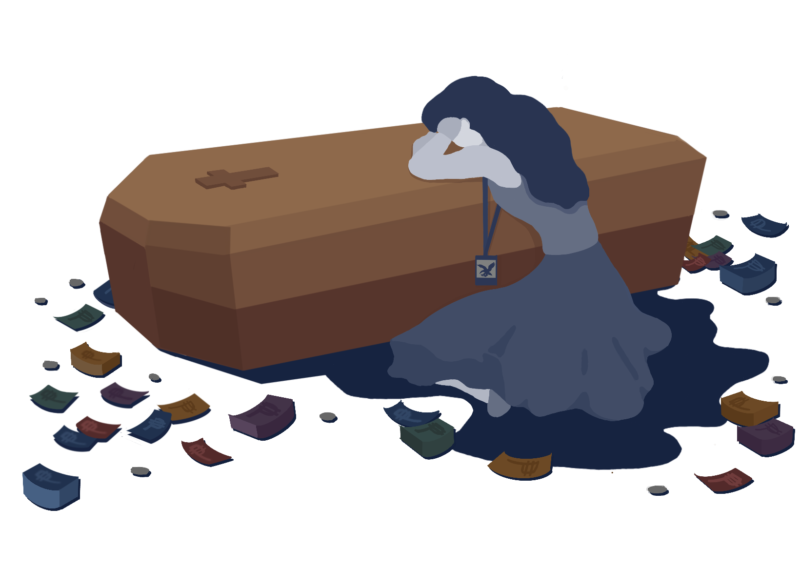Vox Populi
ksantiago@theguidon.com
Throughout the years, the Philippines has seen an alarming percentage of its population fall below the poverty line. In the last two decades, it has played around 25% to 33% of the entire population—meaning, roughly 30 million Filipinos are subsisting on meager resources.
For the Atenean, the issue of national poverty does not come off as shocking news. We are aware of these problems that the Philippines faces and our university has made sure that we aren’t left in the dark when it comes to these things.
In freshman year, we are briefed about these concerns during our Intact classes. Come sophomore and junior year, we are exposed to simple catechism and tutoring during NSTP, which further advance to working blue-collar jobs during JEEP insertions. These definitely help shape our awareness and challenge us to exemplify what it means to go down the hill.
Despite these, there are still a lot of us who have a shallow perception of what it means to be poor. I recall a recent group report I’ve done for a theology course this semester where we explored the different definitions of poverty. On the surface, we only see the poor as the sampaguita girls or parking boys, for example—a perception hardly inclusive of the many faces of the poor who are fighting their own battles as well. This street-level definition of poverty may be right, but it doesn’t give us a complete picture.
As I’ve learned in my previous classes, being poor not only means financial instability. It can also mean being seen as inferior or being excluded from social groups or processes. Keeping this in mind, we can therefore broaden our spectrum of the marginalized to fit the likes of the handicapped, the emotionally challenged and those who suffer from abusive relationships.
Now that I’m in my senior year, I’ve been given the opportunity to widen my understanding of what I’ve learned since my Intact year. Even though I still haven’t taken the required praxis program for Atenean seniors, I’ve experienced an immersion which served as an eye-opener for me.
With the help of OSCI, my thesis partner and I went to visit Sitio Alunan in Tarlac to conduct field research for our ethnographic study on Aetas in the Philippines. Here, we spent two days living with our foster families to learn more about their religion and culture.
Although we were there for an academic purpose, the reality I saw struck me unimaginably. Perhaps some have misconceptions that because they live in the mountains and can grow their own crops, they are living comfortable lives. Surprisingly, they struggle with food rations as well because of the unfair trade between them and the locals living in the city. They sell their crops but get so little in return, leaving them with almost nothing for expenses like their children’s education.
Their main cry, however, is for recognition from the government, which has seemingly forgotten their existence. The only help that they receive is from poorly funded NGOs and Korean missionary groups who do evangelical work in the site every Sunday. More than their struggle to get out of economic poverty, I also sympathize with their struggle to establish their identity as a people and gain enough respect to be treated not only as katutubos, but as Filipinos with human dignity to uphold.
What do you think about this story? Send your comments and suggestions here: tgdn.co/2ZqqodZ







